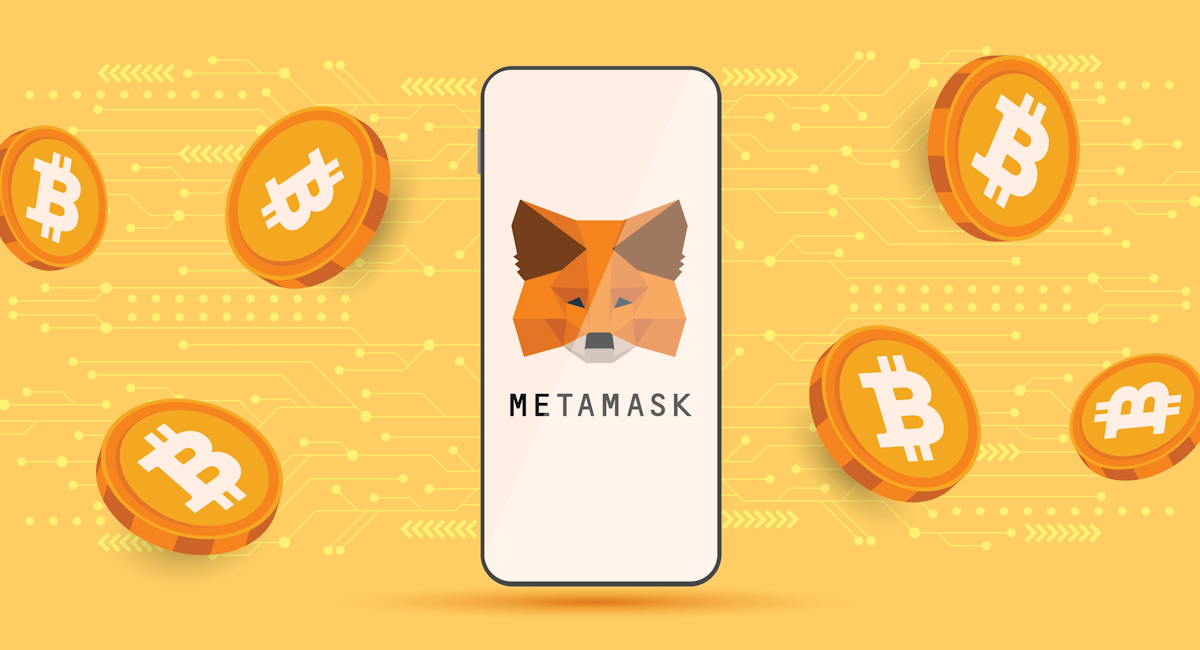In the fast-evolving world of cryptocurrency, one of the most fundamental tools that users need is a crypto wallet. Whether you’re holding Bitcoin, Ethereum, or any other digital asset, a crypto wallet plays a critical role in storing, sending, and receiving your cryptocurrency securely. But what exactly is a crypto Metamask wallet, how does it work, and why is it so important? Let’s break it down.
What is a Crypto Wallet?
A crypto wallet is a software program or hardware device that allows users to store their private and public keys—essentially the cryptographic keys necessary for sending and receiving cryptocurrencies. Think of it as a digital wallet for your online currency, like how your physical wallet stores cash and cards.
However, unlike traditional wallets, crypto wallets don’t actually store your cryptocurrency. Instead, they store the cryptographic keys needed to access your funds on the blockchain network. The private key is the secret code that lets you authorize transactions, while the public key is the address others use to send you cryptocurrency.
Types of Crypto Wallets
There are several types of crypto wallets, each offering varying levels of security, convenience, and functionality. Generally, they fall into two main categories: hot wallets and cold wallets.
1. Hot Wallets
Hot wallets are connected to the internet, which makes them easy to access and use. They are typically used for frequent transactions, as they provide instant access to your funds. Examples of hot wallets include:
- Software Wallets: Applications or web platforms that allow users to store their private keys on their computer or mobile device.
- Web Wallets: These are cloud-based wallets that can be accessed from any device with an internet connection.
- Mobile Wallets: Apps specifically designed for smartphones that provide easy access to cryptocurrencies on the go.
While hot wallets offer convenience, they are more vulnerable to hacking or malware attacks due to their online connection.
2. Cold Wallets
Cold wallets, on the other hand, are offline and are considered much more secure for long-term storage. They are less prone to hacking since they are not connected to the internet. Some common types of cold wallets include:
- Hardware Wallets: Physical devices that store your private keys offline. Popular hardware wallets include Trezor and Ledger.
- Paper Wallets: A printed piece of paper that contains your public and private keys, essentially an offline backup of your crypto holdings.
Because cold wallets are not connected to the internet, they are ideal for users who want to store their cryptocurrency for the long haul, without frequent access.
Why Do You Need a Crypto Wallet?
The main reason anyone needs a crypto wallet is to safely store and manage their digital assets. Without a wallet, you wouldn’t be able to interact with the blockchain or access your cryptocurrency. Here are some of the key functions that crypto wallets serve:
- Secure Storage of Keys: Crypto wallets protect your private keys, which are the only way to access and control your digital funds.
- Sending and Receiving Crypto: To make transactions, you need a wallet to generate a transaction request and sign it with your private key.
- Access to DeFi (Decentralized Finance): Many decentralized applications (DApps) and DeFi platforms require a wallet to interact with their services. Your wallet serves as your identity and point of access to these networks.
- Backup and Recovery: If your device gets lost, damaged, or stolen, you can use your wallet’s recovery phrase (a series of words) to recover your assets.
How Do Crypto Wallets Work?
Crypto wallets function by allowing users to create a public address and a private key. Here’s a basic breakdown of how they work:
- Public Key: This is like your bank account number. It’s what others use to send you funds.
- Private Key: This is like your ATM PIN or password. It is what you use to authorize transactions and should be kept secret and secure. If someone gains access to your private key, they can access and steal your funds.
When you want to send cryptocurrency to someone else, the wallet generates a signed transaction using your private key. The blockchain network then verifies this signature to ensure the transaction is legitimate.
Key Considerations When Choosing a Crypto Wallet
When selecting a wallet, several factors should influence your decision:
- Security: Is the wallet’s private key stored securely? Does it offer features like two-factor authentication (2FA) or multi-signature protection?
- User Experience: Is the wallet easy to use? A good wallet should be user-friendly, especially for beginners.
- Support for Multiple Cryptocurrencies: If you plan to hold multiple types of digital assets, look for a wallet that supports a wide range of cryptocurrencies.
- Backup and Recovery Options: Ensure the wallet provides a recovery phrase or backup feature, so you can restore your funds in case of a device failure.
Conclusion
A crypto wallet is an essential tool for anyone entering the world of cryptocurrency. It is your key to accessing and securing your digital assets on the blockchain. Whether you choose a hot wallet for convenience or a cold wallet for enhanced security, understanding how to properly use and protect your wallet is crucial to ensuring the safety of your funds.
